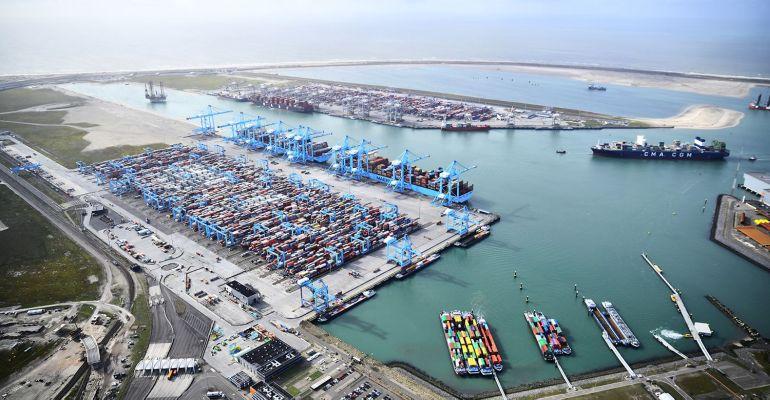February 2021 marked the height of container congestion, with almost 12% of global container capacity—around 2.8m teu—absorbed in vessel delays, said Alan Murphy, CEO, Sea-Intelligence. That compared to the 2.7m teu capacity of all ships in the fleet over 18,000 teu.
“Hence, in very real terms, the congestion problems in 2021 is of such a magnitude, that the effect is the same as if the entire industry had decided to remove all ULCVs from the fleet, without adding any new vessels,” said Murphy.
That congestion figure fell to 8.6% in April 2021 or 2.1m teu.
Murphy said that the current shortage of capacity was due to supply effects rather than increased demand, and record deployed capacity suggested poor utilisation of those assets. Increasing deployed capacity to account for delays was functionally the same as deploying to meet increased demand, he argued.
The analysis used data from Sea-Intelligence’s Global Liner Performance (GLP) and Trade Capacity Outlook (TCO) databases, which showed around 2-4% of capacity was usually tied up in vessels delays. Transpacific trades in January to April 2021 had around 25% of capacity soaked up by delays, and around 11% on Asia-Europe trades, according to Sea-Intelligence.
Copyright © 2024. All rights reserved. Seatrade, a trading name of Informa Markets (UK) Limited.
Add Seatrade Maritime News to your Google News feed.  |

